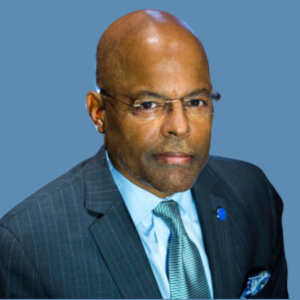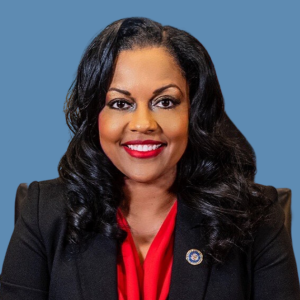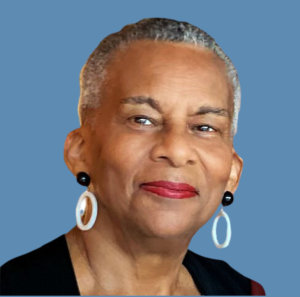This month’s Spotlight! wraps up a recent series of articles dedicated to how the development of strategic community partnerships expands the depth and breadth of KRA workforce operations by providing critical, employment-enhancing auxiliary services. Below, another KRA program provides a stellar example of this principle in action.
In July 2011, the WJLA-TV website posted “D.C. Mayor Vincent Gray launched an unusual new jobs program Monday: It hires welfare recipients to renovate abandoned homes. The program, which has been aptly named “sweat equity,” involves 12 homeless or formerly homeless residents of the District who are receiving benefits as part of Temporary Assistance for Needy Families (TANF). The participants renovate vacant D.C. housing, starting with two apartment buildings in this pilot program. The goal is to teach participants skills that could then lead to higher-paying jobs. ‘This is going to help people get back to work, to be able to have the dignity of being able to earn a wage every day,’ Gray said.”
The article continued, “Michael Jackson is one of the first to participate in the program. He lost his job at a local lumber company last year. The hardest part for the single father of two was not giving Erin, 8, and Michael, 7, the future they dreamed of. ‘“I wasn’t out of the fight,’ Jackson said. When he and the other participants finish renovating the two apartment buildings, they’ll be able to live in them. ‘They just can’t wait for daddy to get a place where I can cook, and they can sit down and enjoy themselves,’ Jackson said. ‘We’re going to make sure everything is good, we’re not going to forget to insulate our own place and stuff like that, so I’m excited, said Jeremiah Williams, another program participant. Participants have learned the basics of electrical, plumbing, and carpentry work. Enough, they hope, to get them another job after this one. The Sweat Equity pilot program is part of an effort to redesign the TANF program to build skills for recipients and transition from welfare to self-sufficiency. ‘I’m glad for this opportunity — and it’s gonna get better,’ said Jackson.”
In March 2012, KRA was selected by the DC Department of Human Services (DHS) to operate two TANF programs, one for those jobseeker-customers who are ready to join the workforce ((Job Development and Placement Services) and one for those who are not ((Work Readiness and Placement Services). Subsequently, in November 2012, DHS selected KRA again, through the Chief of Monitoring, as the only TANF vendor to participate in the operation of the 3-year Sweat Equity pilot program. According to Nate’ Gordon, the KRA Operations Manager who oversees the DC TANF programs, “Sweat Equity is an exciting DHS program with an extremely impressive roster of partners, including Capital Area Asset Builders; Hensel Phelps Pre-Apprenticeship Program; Padula Construction, and through them Monarc Construction; and the United Planning Organization. ‘Sweat Equity’ is simultaneously providing skills training in the construction trades and permanent housing for homeless or formerly homeless TANF recipients!” After their “graduation” from Sweat Equity, both Jackson and Williams, mentioned above, were referred to KRA for auxiliary assistance, including job-retention counseling and other career-building services.
Anthony Fontes, KRA Program Manager, added, “This program provides win-win opportunities and results on so many levels! Its scope is very comprehensive…education, life-skills coaching, and work experience; through skills-training, it is enabling TANF clients to obtain sustainable employment, with higher wages; it provides a higher probability for self-sufficiency and independence from public assistance; participants are developing a sense of pride since they actually get to live in the units they built; and it makes for safer neighborhoods by removing abandoned, dangerous properties from the community. For all these reasons, I would consider Sweat Equity a model program for other TANF programs to take a look at.”
When asked for details on how the “sweat” and “equity” parts operate, Monee Thomas, KRA Career Agent and central POC for the Sweat Equity coalition, explained,” KRA’s client, DHS, selects the participants for the program. To date, under the leadership of Padula Construction and the Hensel Phelps Pre-Apprenticeship Program, 11 TANF heads of household…8 male and 3 female…were provided the unique privilege of re-constructing two 6-unit buildings in DC’s southeast community, and in November 16, 2012, the customers completed their first-ever walk through of their new homes. At that stage of the program, DHS refers them to KRA for continued career guidance and support and any social-service needs they might have. As for the ‘equity’ part of the program, as monthly rent, the customers pay 30 percent of their wages, or $25 of their TANF benefit, into an Individual Development Account established ‘to help low-income families move toward self-sufficiency.’ The deposits are managed…and matched 3:1…by Capital Area Asset Builders and the savings go toward the customers’ future higher-education goals, or even the purchase of a home or business.”
Thomas continued, “Also, for the Thanksgiving Holiday, the UPO and Bread for the City provided turkey dinners for each family, with KRA/DC acting as the host site for the celebration, distributing the meals. KRA/DC is both pleased and proud to have been selected by DHS as the workforce development partner for the Sweat Equity program, and we are going to do everything we can to ensure its continued success.”
*Bread for the City, a widely respected and longstanding not-for-profit agency, offers five program services to low-income DC residents: food and clothing distribution, primary medical care, legal advice and representation, and comprehensive social services. All services are free to eligible DC residents, and are provided in an atmosphere of dignity and respect.


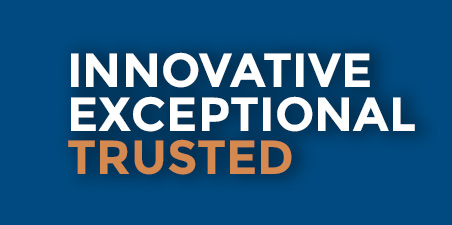
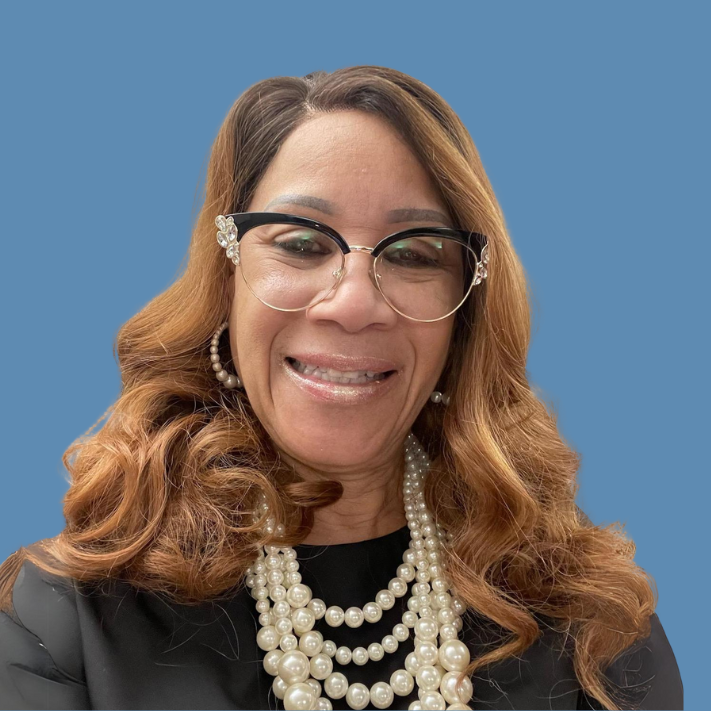 Dr. Boone’s 20+ years’ experience in the industry is extensive and her expertise in private-, public-, and non-profit sector workforce-services organizations is unparalleled, particularly in the Baltimore–Washington Metropolitan area.
Dr. Boone’s 20+ years’ experience in the industry is extensive and her expertise in private-, public-, and non-profit sector workforce-services organizations is unparalleled, particularly in the Baltimore–Washington Metropolitan area.




